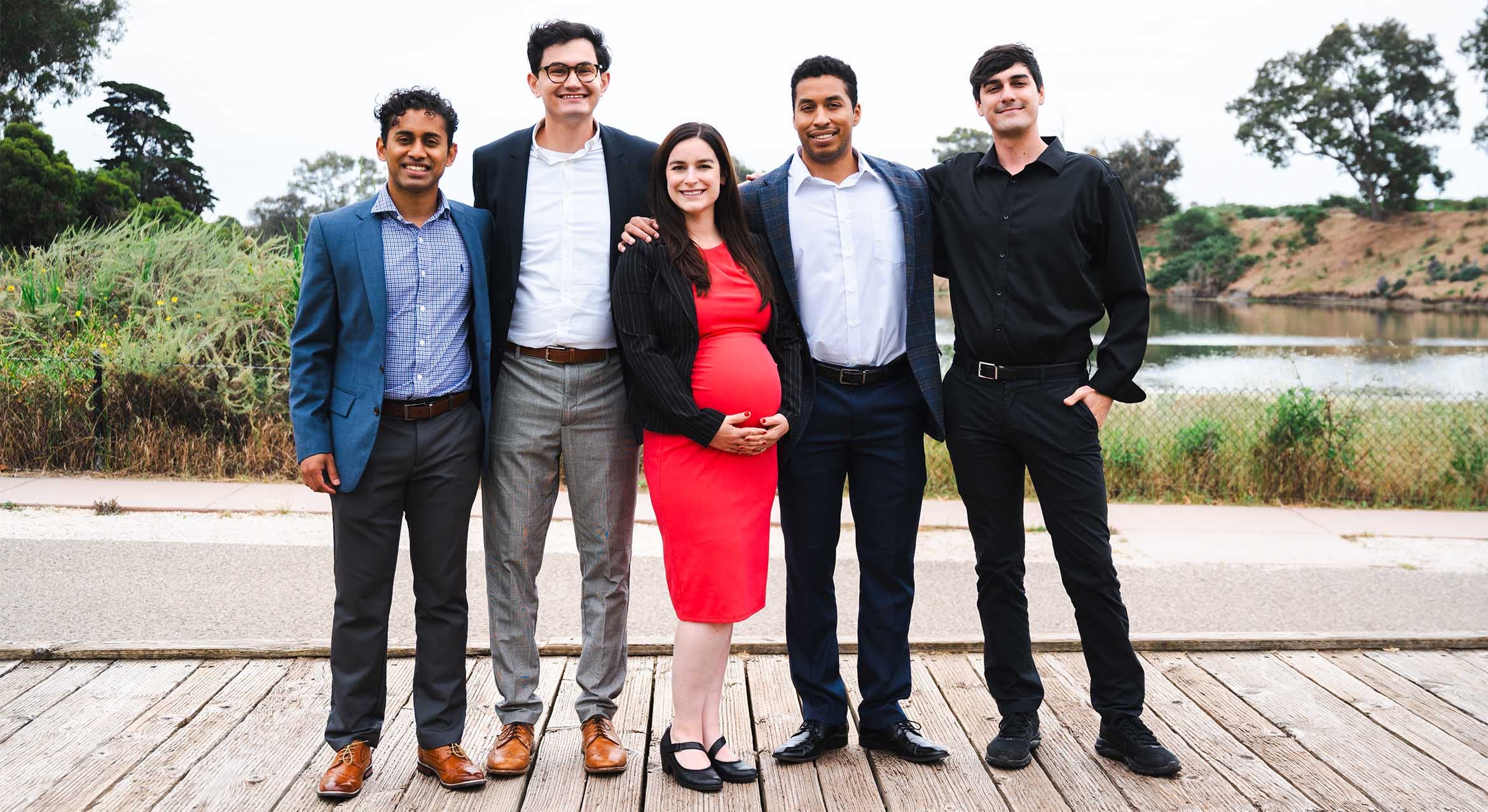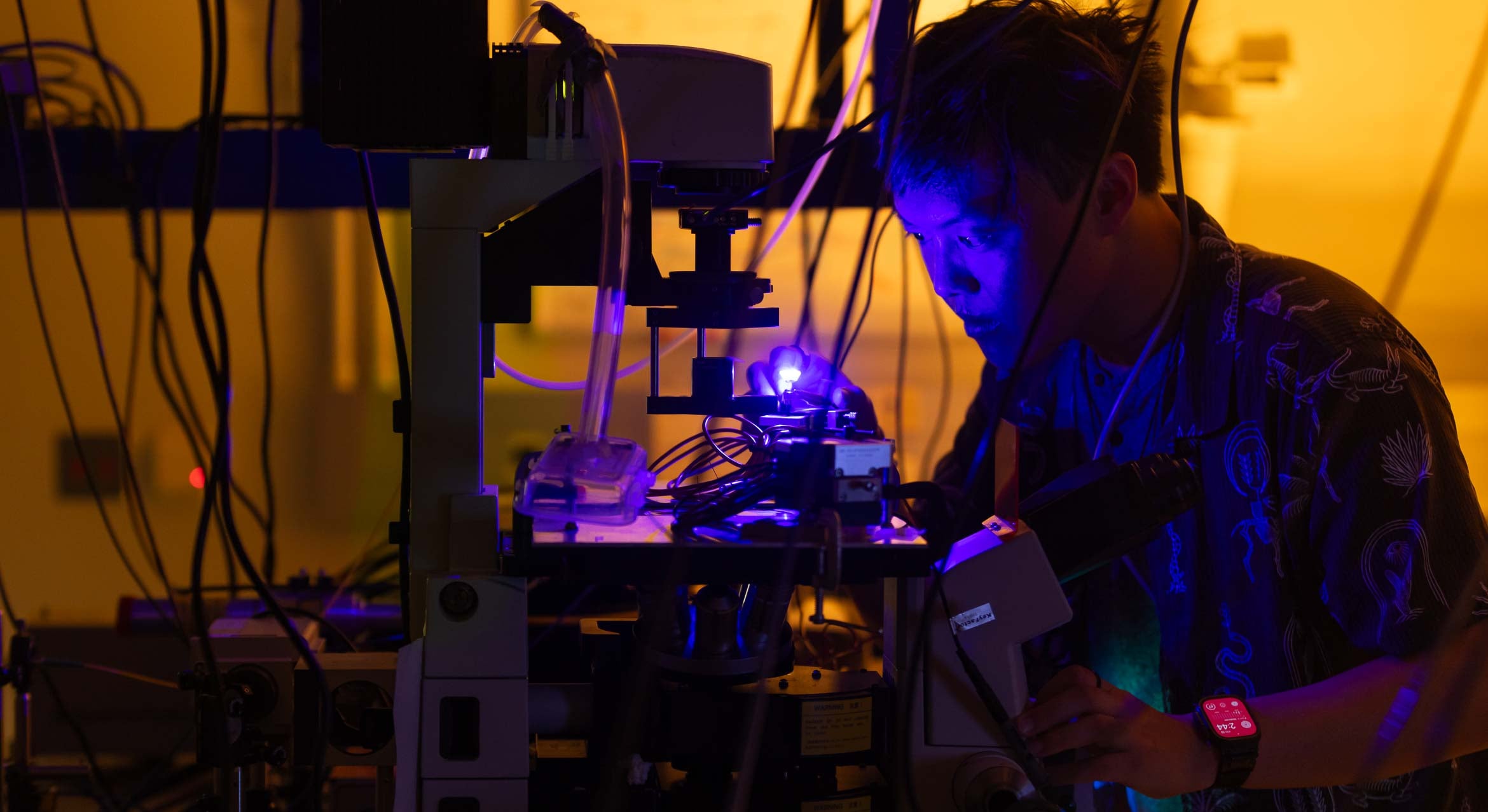Artificial Intelligence, Real Vision

(Santa Barbara, Calif.) — UC Santa Barbara computer science professor Matthew Turk has been elected Fellow by the International Association for Pattern Recognition (IAPR). He is cited by IAPR for his “contributions to computer vision and vision-based interaction.”
Turk was chosen from a select group of IAPR members: Only .25 percent of the organization’s membership is eligible for election to Fellow in any given two-year period. He received his award at a ceremony of the International Conference on Pattern Recognition in Stockholm, Sweden.
“This award for Professor Turk is a well-deserved, prestigious recognition from colleagues in computer vision around the world,” commented Rod Alferness, dean of the College of Engineering. “His significant contributions to the field of vision-based interaction are highly valuable to the global research community and to the UCSB campus.”
Computer vision and vision-based interaction are facets of artificial intelligence that study how machines can process images as data and respond according to that data. Examples of such technology are ubiquitous in our society, from machines that inspect food for quality during processing, to surveillance systems that can recognize faces, to more recent and futuristic developments, such as Google Glass and self-driving cars.
“I’m honored to be joining this group of IAPR Fellows who are distinguished leaders, mentors and colleagues in the field of pattern recognition,” said Turk. “Their contributions have advanced research and enabled new capabilities and products in computer vision, biometrics, document analysis, multimedia, data mining, machine learning and many other areas.”
Key application areas of Turk’s work include augmented reality, computational photography, mobile computing and vision-based and multimodal interaction. His work is largely interdisciplinary, including collaborations with researchers in areas such as psychology, geography, electrical engineering, art and music. He joined the UCSB faculty in 2000 and served as chair of the Media Arts and Technology (MAT) graduate program from 2005-2010. He currently co-directs the Four Eyes Lab, a research unit of both MAT and the Department of Computer Science.
Turk’s research has been recognized by leading organizations in his field. In 2000, he received the “Most Influential Paper of the Decade” award at IAPR's workshop on machine vision applications. He went on to receive several more top paper awards in subsequent years from the International Communication Association, the Institute for Electrical and Electronics Engineers (IEEE) and the International Symposium on Mixed and Augmented Reality. In 2011, he received the Fulbright-Nokia Distinguished Chair in Information and Communications Technologies and in 2013 he was elected to Fellow of IEEE for “contributions to computer vision and perceptual interfaces.”



